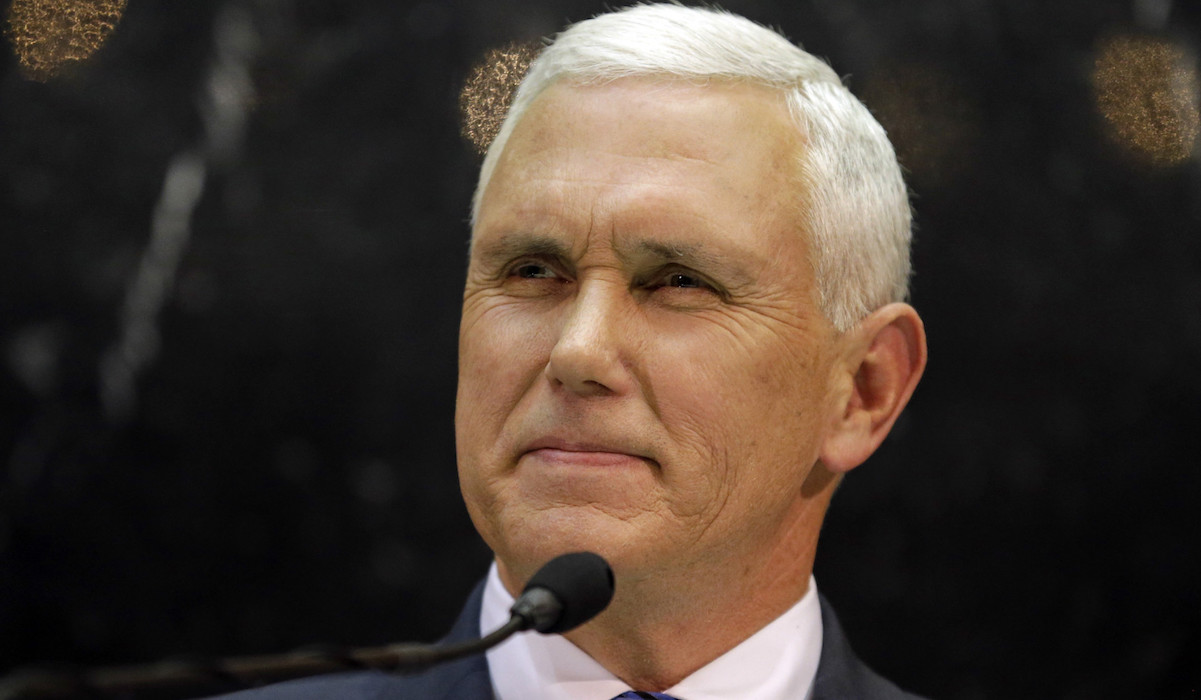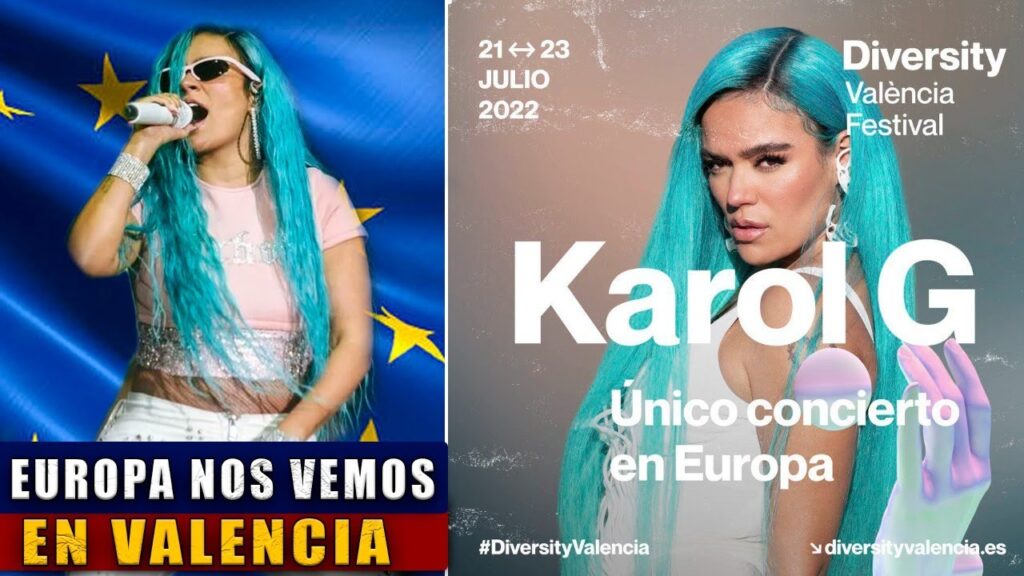United States Vice President Mike Pence is visiting Colombia today to hold bilateral talks on a variety of issues, including the economic crisis in neighboring Venezuela, the 2016 Havana Peace accords, and Colombia’s drug trade. The visit comes as the two countries find themselves at odds over a variety of issues, including funding earmarked by the Obama administration for Colombia’s peace accords and a significant increase in cocaine production, most of which is destined for the United States.
According to a July report by Vice News, cocaine production in Colombia reached an all-time high last year, surging 52% between 2015 and 2016. The United States has asked Colombia to resume operations to eradicate coca plantations, many of which are located in Colombia’s most remote regions. However, Colombian President Juan Manuel Santos has held steadfast against U.S. requests, stating that the eradication projects use chemicals that have been found to be harmful to the environment. Santos, who has moved sharply to the left during his second term as president, instead favors initiatives that attempt to persuade coca farmers to substitute their crops for others.
Much of the cocaine increase is ironically due to the 2016 Havana Peace accords that the country signed with FARC terrorists. As FARC members have surrendered their weapons and abandoned previously held territory, criminal groups have moved into those regions and ramped up cocaine production. The profitability of the drug trade is such that it is unlikely, if not impossible, that Santos’ current strategy will be effective. The United States has spent millions over several decades in Colombia to fight the drug trade, only to see that progress disappear in only 24 months.
The 2016 Havana Accords are also expected to be high on the agenda for both sides. Santos is seeking assurances that the United States will abide by promises made by the previous administration to provide funding to support the process. However while most politicians in Trump’s Republican Party were supportive of Operation Colombia, most have also spoken out against Colombia’s 2016 agreement with the FARC terrorist group. The accords have granted blanket amnesty to terrorists that are still wanted by the United States, provide a monthly stipend for former terrorists, funds for training, and a number of guaranteed seats in the country’s congress regardless of vote numbers.
I didn't support "peace deal". I supported "Peace Colombia". That is the US funding plan which prohibits money for the FARC 2/3
— Marco Rubio (@marcorubio) May 12, 2017
The accords were put to a referendum in October 2016 where they were rejected by the Colombian people. Despite prior promises to the contrary, Santos ignored the results of the referendum and signed the accords without popular support. His approval rating remains the lowest of any Colombian president in modern history.
The most urgent issue for discussion, however, is likely to be the economic and social crisis that is plaguing Venezuela. In a news conference on Friday, U.S. President Donald Trump said that the possibility of using military force against Venezuela is still being considered. The statement is sure to alarm Colombia, who would see an immediate influx of migrants if the United States intervenes militarily against their neighbor. Colombia already hosts more than 300,000 Venezuelans who have fled their country, 200,000 of which have entered the country illegally through the country’s porous border.
Trump released a statement on Friday in which he said that he will only speak with Venezuelan president Nicolas Maduro once the country abandons its path to dictatorship.
ÚLTIMA HORA | La Casa Blanca: Maduro solicitó hablar con el pdte. Trump. Trump respondió: "hablaré con él, cuando restablezca la democracia" pic.twitter.com/K4yRpMPfsk
— AlbertoRodNews (@AlbertoRodNews) August 12, 2017







